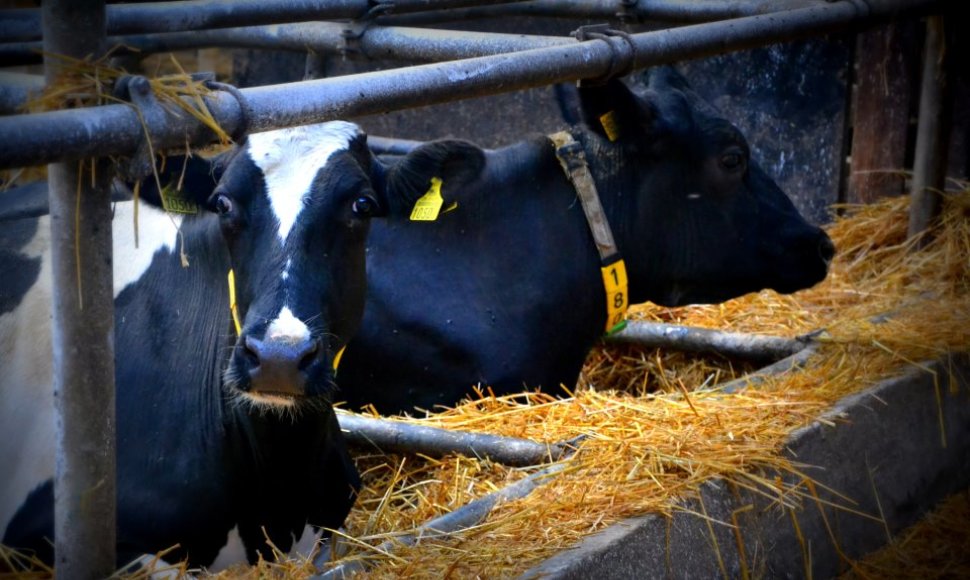Earlier this week, the parliament gave its initial backing to the amendments on slaughtering of animals for food without prior stunning and in line with religious requirements. For the bill to be adopted, it will require two more votes in the parliament and the president's signature.
Vytautas Gapšys of the ruling Labor Party who proposed the bill said that such changes would pave way for meat exports to Israel and the Arab countries.
Meanwhile, an animal rights protection organization maintains the amendments would be an enormous step back in the area of animal well-being.
"We do not support the initiative that aims to allow mass slaughtering of animals without stunning. It is brutal. In slaughterhouses, animals would have the horrific experience of observing slaughtered animals," the organization's leader Brigita Kymantaitė told BNS.
According to European Union (EU) regulations, many slaughtering methods are painful for animals, therefore, animals must be stunned before or during slaughtering to render the animal unconscious. At the same time, the EU regulations allow diverting from the provision during religious rituals.
Petras Vainoras, CEO of one of Lithuania's largest slaughterhouses Agaras, tells BNS he is skeptical about the attempts to legalize ritual slaughtering in Lithuania. In his words, it is inhumane and requires substantial investment.
"I am very skeptical, it is cruel treatment of animals. It is inhumane towards the animal, it is absolutely inconsistent with the mindset of our nation. Under the EU provisions, animals have to be stunned before slaughtering. It would be different with ritual slaughtering," Vainoras told BNS.
Ritual slaughtering of animals for food, which is common in Jewish and Muslim communities, was banned in Lithuania's neighboring Poland on January 1.
Poland's Constitutional Court ruled that such practice is inconsistent with the law on animals rights. The Polish ban was criticized by Israel and some local businessmen.
Before the ban of ritual slaughtering, Poland exported about 90,000 tons of Halal beef to Muslim countries, mainly Turkey, every year, as well as Kosher meat to Israel. The annual returns of the export stood at 250-350 million euros.
The Lithuanian Jewish Community welcomed the proposed amendments, saying they would benefit the Lithuanian economy.
"The Lithuanian Jewish Community is positive about the amendments and thinks they will benefit the Lithuanian economy and foreign investments in Lithuania. Kosher slaughtering has existed for millennia and has to do with deep Jewish traditions. It was allowed in Lithuania during the rule of Antanas Smetona (in 1919-1920 and 1926-1940)," the community's leader Faina Kukliansky told BNS.
Romas Jakubauskas, the leader of the Lithuanian Muslim center, held a similar position.
"This would open certain exports possibilities for Lithuania to various countries. Lithuanian companies would have more potential to expand, as the Lithuanian market is not large," Jakubauskas told BNS.
Edgūnas Račius, Vilnius-based expert of Islam, said animals should be slaughtered by a Muslim and this could not be performed under unsanitary conditions.
The current law suggests that "slaughtering of farm animals during religious rituals is only allowed with prior stunning in line with methods established by legal acts and in accordance to the requirements of legal acts regulating protection of animals to be slaughtered."
According to the 2011 census, 3000 Jews live in Lithuania but merely a third practise Judaism. Some 2,700 Muslims were reported in the country.












